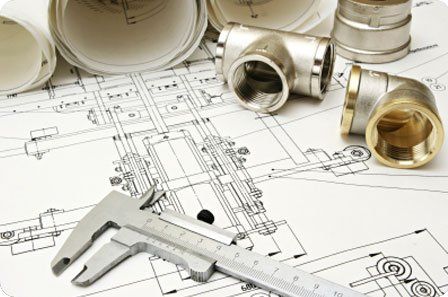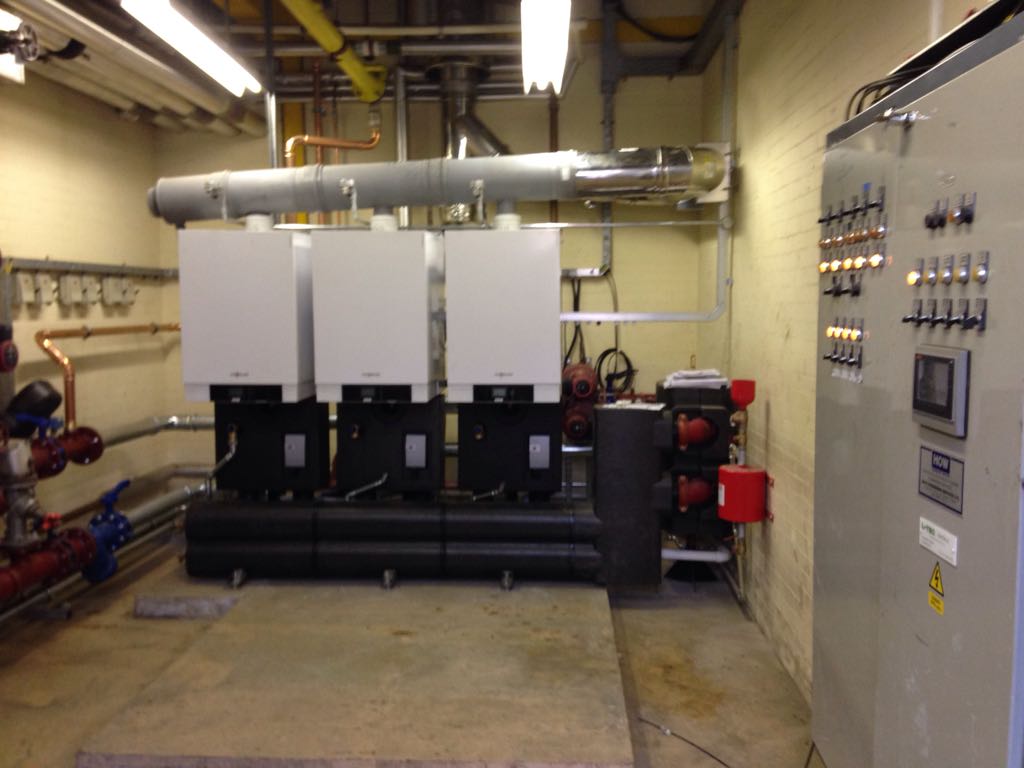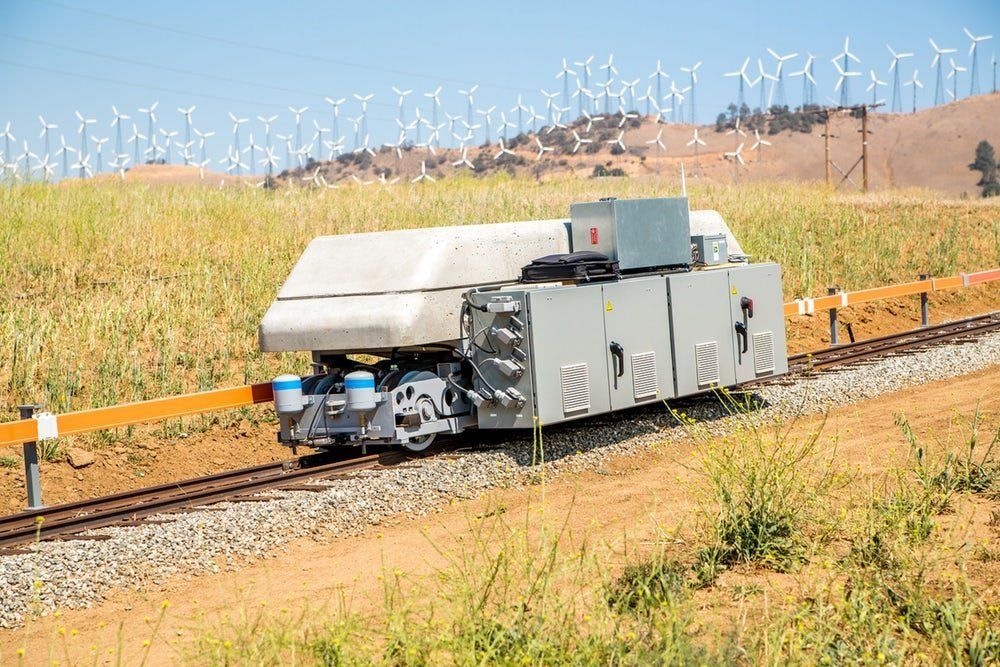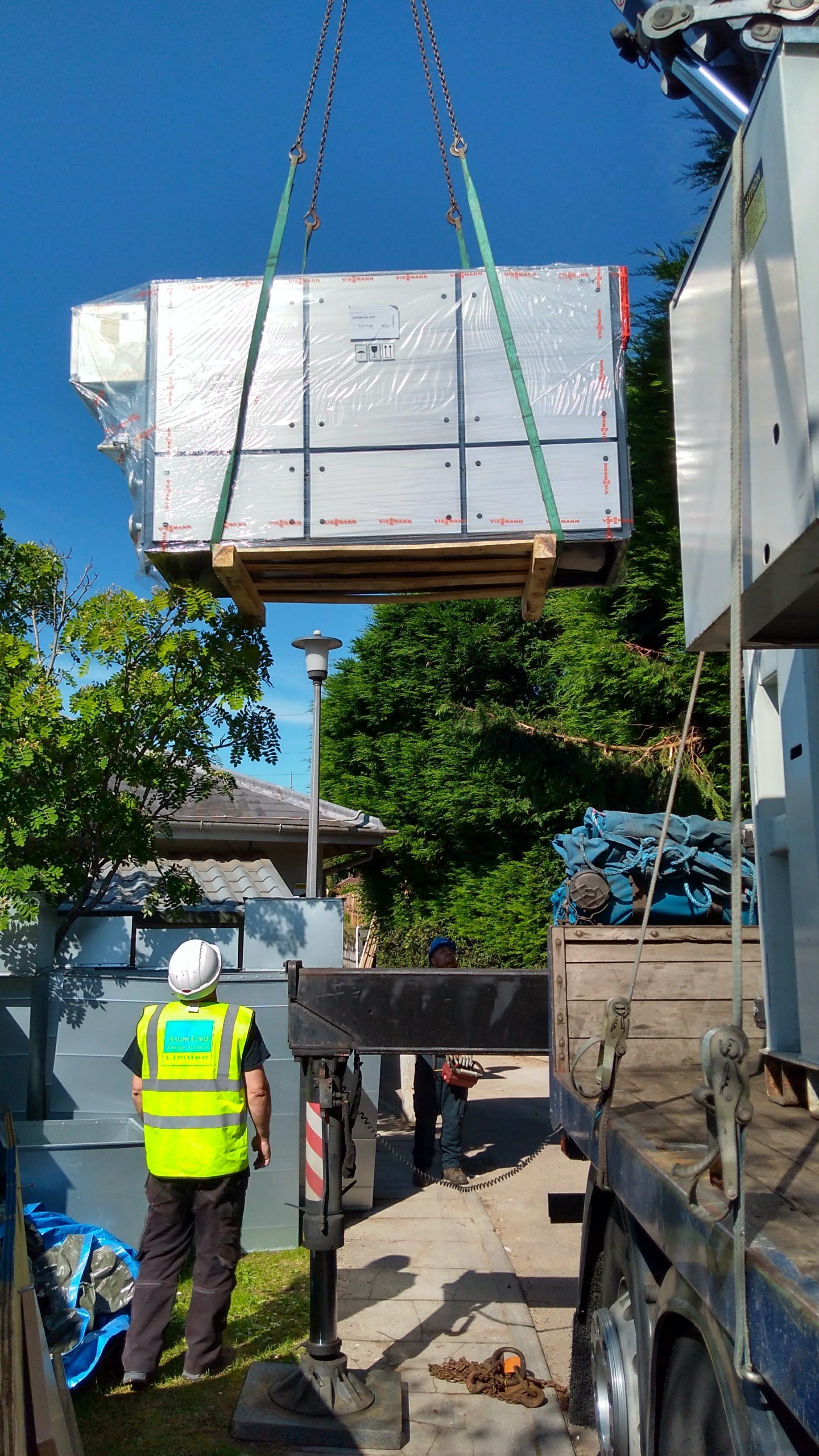Commercial Services
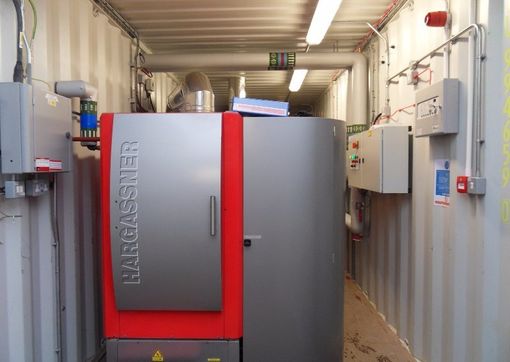
Heating Solutions
- Combined Heat and Power (CHP)
- Natural Gas Boilers
- Biomass
- Heat Pumps
- Steam Boilers
- Solar
Site Surveys and Assessments
We are able to undertake a site survey and assessment of your heating requirements in order to establish the best heating solution for your demands and budget.
System Design
Designing your heating system correctly will ensure maximum heating efficiency. We will design a system that best suits your heating demands while maximising the effectiveness to keep fuel costs as low as possible.
Project Management
Ensuring your project runs smoothly is important to us and with our experienced and professional team we will provide you with support and strong communication throughout. CDM (Construction Design Management) Regulations place specific duties on clients, planning supervisors, designers and contractors to plan, co-ordinate and manage Health & Safety throughout all stages of a project. Our team can manage this process and ensure that health and safety of both our engineers and our clients is one of key project priorities.
Installation
Our engineers are trained to install;
- CHP Units
- Gas Boilers
- Biomass Boilers
- Heat Pumps (Ground Source and Air Source)
- Solar (Hot Water and PV)
- Oil Fired Boilers
We also undertake;
- Full Plant Room Installations (Including Electrics)
- Containerised Plant Rooms
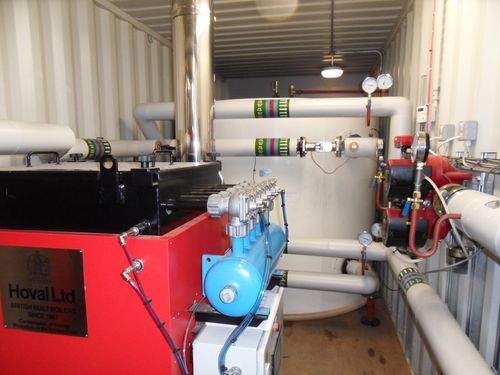
Commissioning
Project commissioning is the process of assuring that all systems and components of the installation are designed, installed and tested according to the to the operational requirements of the client, system designer and equipment supplier.
Aston Cord Energy Services Ltd ensure that all our installations are properly commissioned before we hand them over to our client.
Servicing and Maintenance
It is very important to undertake servicing on your heating equipment once it has been installed. Servicing is more than just a safety check - servicing will check the condition and performance of your equipment and ensure it's operating at peak performance, as well as making sure any seals, gaskets and other parts of the heating system are operating correctly.
A service will also help to pick up on the wear and tear of all components and will make recommendations to replace worn items before they stop working and cause damage.
Aston Cord Energy Services Ltd carry out servicing and repairs on;
- Gas Fired Boilers
- Biomass Boilers
- Oil Fired
- CHP Units
- Heat Pumps
- System Pumps
- Heat Exchangers
- Steam Boilers
Heating Solutions
Combined Heat and Power (CHP)
Combined heat and power, or CHP, generates electricity whilst at the same time capturing heat that is produced in the process. CHP works by using waste heat like steam and the efficiency rating can be around 80% or even more. Highly efficient and fuel neutral, CHP plants are able to provide heat, electricity and even cooling. Because CHP is produced locally, losses of electricity incurred through transmission and distribution via the National Grid is avoided, and can mean a saving of energy of around 7%.
LTHW Gas and Oil Boilers
Almost all LTHW boilers are fitted with a temperature sensor that enables the burner to control temperature. More complex boilers are normally equipped with two stage burners that alternate between low fire and high fire. Other types of boiler have fully modulating burners that can adjust the amount of fuel burnt to meet low and high variations in temperature - the most efficient being fully modulating burners.
The capacity of LTHW boilers to modify temperatures to meet the demand for heat is a main feature of gas and oil fired systems. Solid fuel burners are unable to work in the same way as they require different control strategies.
A modular boiler system is one where several boilers are combined to cater for the heating demands of large buildings. This kind of boiler arrangement consists of between two and twelve matching modules, although in some cases condensing and noncondensing boilers may be combined.
Like wall hung boilers, modular boilers have a lower water content, which means they take up less space than conventional boilers. This type of boiler meets the varying heat demands in buildings and allows the modules to be automatically sequenced to operate efficiently and effectively for as long as possible.
When running at part load, condensing boilers operate most efficiently, while at peak load, noncondensing boilers are generally more efficient. Using a combination of condensing and noncondensing boilers to cater for varying loads can also be beneficial, especially where there's a high demand for heated water.
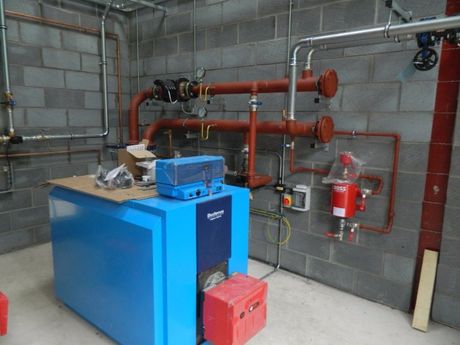

Medium Temperature Hot Water Boilers
Large buildings, factories and industrial plants require heating solutions that are highly efficient, energy-saving and environmentally friendly. The medium temperature hot water boiler is the boiler of choice, proving to be highly reliable. They maintain heat at around 120 degrees Centigrade, deliver top quality performance and have a long service life.
Biomass Boilers and Stoves
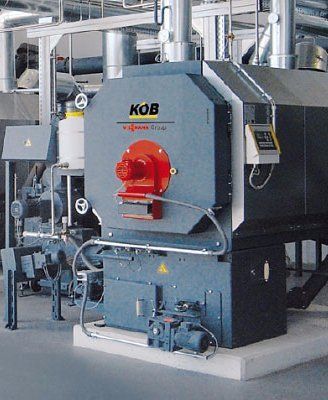
BIOMASS – Our range of Biomass includes market leaders such as Viessmann, for whom we are trained installers. We assist with understanding the implications of integration, fuel, controls and installation.
We offer the electrical and mechanical expertise necessary for a quality solution.
Operating at up to 95 °C, low temperature hot water biomass boilers are classified depending on fuel type or by their actual physical characteristics.
Unlike boilers which produce hot water for heating or domestic hot water, stoves provide radiant room heating. Pellet boilers and stoves can range in size from a few kilowatts for small- to medium-sized buildings, to megawatt size for large district heating. These boilers and stoves usually work by means of a hopper-fed fuel system which is automated - the hopper may be built-in or work as a stand-alone unit.
Wood chip boilers, which are fuelled by chipped wood that is fed automatically, utilise a stoker burner or an underfed stoker. These boilers range in size from small domestic size, to medium, right up to to power-station size.
Heat Pumps
There are two types of heat pumps - Air Source and Ground Source.
Air Source Heat Pumps are normally installed outdoors, drawing heat from the air and boosting the water temperature. Although electricity is needed to power these pumps, they invariably use less electrical energy than the heat they produce. Air source heat pumps are normally used for underfloor heating, as the heat generated by these pumps is lower than that produced by conventional boilers.
They’re efficient, dramatically reducing heating bills, and once installed, require minimal maintenance. They’re also cheaper than ground source heat pumps. Air source heat pumps are also green, generating less carbon emmissions than other conventional heating systems. They’re cheaper to run than ground source heat pumps, extremely simple to install and require very little maintenance. They can also be used to power air conditioning units when the weather is hot.
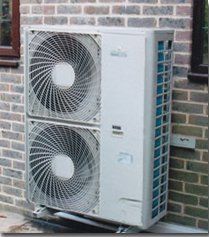
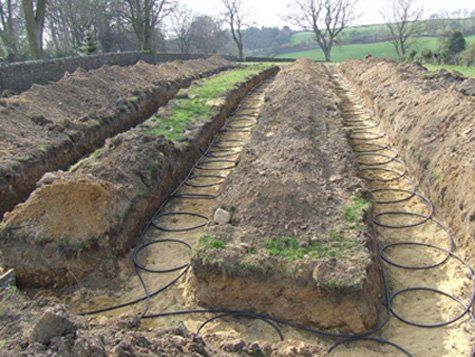
Ground Source Heat Pumps harness natural heat from underground and the heat they generate is normally used to provide hot water and heating in the home. These pumps run on electricity, but uses less electrical energy. In addition, ground source heat pumps are a greeener option, performing much like a boiler does in central heating, but rather than burning fuel like coal, it uses the natural heat from underground.
A ground source heating pump system is made up of a series of water pipes buried in the ground, called a loop, with a heating pump at ground level. A combination of water and anti-freeze is pumped around the loop, absorbing the heat naturally stored in the ground. The pump contains a compressor, a condenser and an evaporator, and draws the heat from the water mixture before transferring it to your home’s heating system. The increase in temperature from the ground can be as much as four times. This heat can then be used for your home’s hot water and in your radiators.
Ground source heat pumps generate less carbon emissions than conventional heating systems and will save you money. Although these pumps need electricity, they’re still a very efficient way of producing heat.
Steam Boilers
Essentially a repository in which water is stored, a steam boiler incorporates a firebox or furnace which burns fuel, normally coal. The hot gasses produced by the fuel turns the water inside the boiler into steam and the higher the temperature of the furnace, the faster steam is produced. A range of vertical and horizontal steam boilers offer excellent solutions for almost every type of industrial application. Steam boilers are used by hospitals to sanitize and sterilize equipment, food processing factories, laundries, and by pulp and paper manufacturing and chemical processing plants.
Solar
Solar thermal systems, also known as solar water heating systems, are a cost effective and energy efficient way of providing heat to; DHW requirements, under floor heating demand or even heating a swimming pool. UV light from the sun warms the water inside tubes which is passed via heat exchange to the heat outlet. The solar heating system can added to an existing conventional heating system to reduce the load and reduce fuel costs.
Using a solar water heating system means a reduction heating costs all year round as the system will operate in low light and even in the rain. A typical payback period is around 3-4 years although this will depend on the system installed and the location. Carbon reduction will commence immediately so will reduce your operations carbon footprint.
There are two types of solar water heating panels, Evacuated Tubes and Flat Plate Collectors, and these can be fitted onto teh majority roof structures. For a solar heating system to work efficiently you need at least five square metres of shade free roof space, facing East to West and favouring South. The roof should not be shaded by trees or other buildings and should receive direct sunlight for a substantial portion of the day. If panels cannot be fixed to your roof they can be fitted to a frame on the ground or they can be mounted to a wall.
Find us
2nd Floor, The Pin Mill, New Street, Charfield,
Gloucestershire. GL12 8ES.
Gloucestershire. GL12 8ES.

